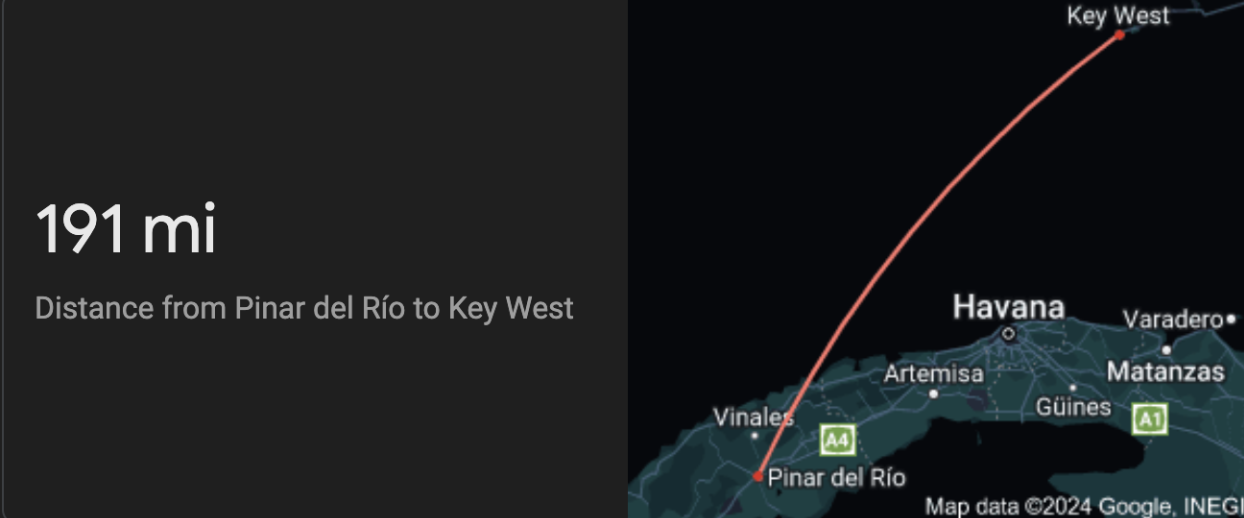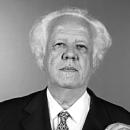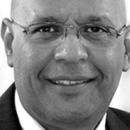[Op-Ed] Redefining "The Dream," The American Dream
When James Truslow Adams coined the term "the American Dream," he did not mean to inspire generations of immigrants. Yet, he did just that.
MÁS EN ESTA SECCIÓN
When James Truslow Adams coined the term "the American Dream," he did not mean to inspire generations of immigrants. Yet, he did just that. In his book Epic of America, Adams describes "the American Dream" as "that dream of a land in which life should be better and richer and fuller for everyone, with opportunity for each according to ability or achievement." He explains in detail that this concept is connected not to material wealth but to social commonwealth and one's overall well-being. The purpose of Adams' philosophies was simple: to give the people hope. Immigrants understood this and embraced it, creating their version of the American Dream, the Immigrant Dream.
Over the years, the American Dream, like all socially constructed ideals, has become open to interpretation. For some, this dream is exclusively about material wealth; for others, it's a white picket fence and a home-cooked meal; and for some, it's considered dead. For immigrants, their version of the American Dream boils down to one word—hope:
Hope for a better future.
Hope to escape an oppressive regime.
Hope to find refuge from war.
Hope for freedom.
When immigrants think of the American Dream, they are not concerned with the same issues as U.S. citizens. They're not thinking about gas prices or gentrification. Simply, they are grateful to speak their minds without punishment.
CONTENIDO RELACIONADO
Through immigrants' collective stories and efforts, we find evidence of what the American Dream means to them. These stories often follow a pattern: a person faces hardship in their home country, sees the U.S. as a beacon of hope, and miraculously summons the willpower to achieve the impossible.

Let's look at an example that follows the pattern I mentioned. Imagine being a young man in Cuba during the 1980s, when Fidel Castro's oppressive and abusive regime was at its peak. Picture the country's infrastructure crumbling, lines for food stretching miles for a loaf of bread, and limited access to medicine. Not to mention, expressing critical thoughts about the government at any time could land you in jail or even get you killed. Yet, you are obligated to remain faithful and loyal to Castro's regime. What would you do in this situation? For immigrants, the real question is: what wouldn't they do in this situation?
The best option here was to steal a plane—a yellow Antonov-2 Colt biplane, to be exact—for the Dream. At least, that's what my grandfather, Carlos Alonso Guerra, believed. On November 11, 2002, my grandfather put my 2-year-old self and seven other relatives on a crop duster held together by loose screws and rusted metal. As our plane became visible to U.S. fighter jets, they flagged us down, demanding our identities and threatening our very lives. At that moment, all my family had was the hope radiating from their vision of the American Dream. Miraculously, my grandfather signaled that we were seeking help, ultimately saving our lives. Within minutes of landing, we were detained by local police, followed by a week of questioning by federal agents.

Nothing was secure in America; my family's interpretation of America was a fantasy. They only knew that the wet-foot, dry-foot policy protected them by granting them asylum. I've repeatedly asked my family why they got on the plane. Their answers boil down to two things: the possibility of freedom outweighed the risk, and they did not want me to be raised under a dictatorship. Their dream was simple: to be in a place better than Cuba.
My story is just one among millions that depicts the American Dream through the eyes of immigrants. For decades, immigrants have crossed deserts, seas, and everything in between to reach the United States. We have carried our dream, the Immigrant Dream, with us as we cross borders, on rafts, and over walls. Our stories are not in vain. They matter. We matter. We are a part of the American Dream.







DEJE UN COMENTARIO:
¡Únete a la discusión! Deja un comentario.